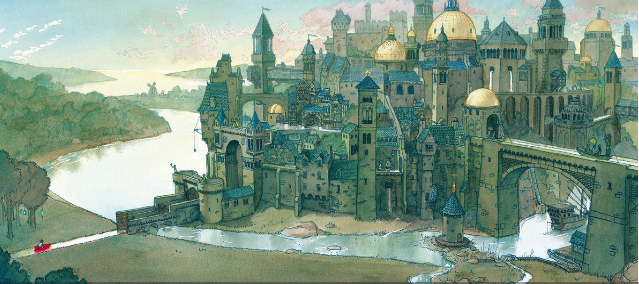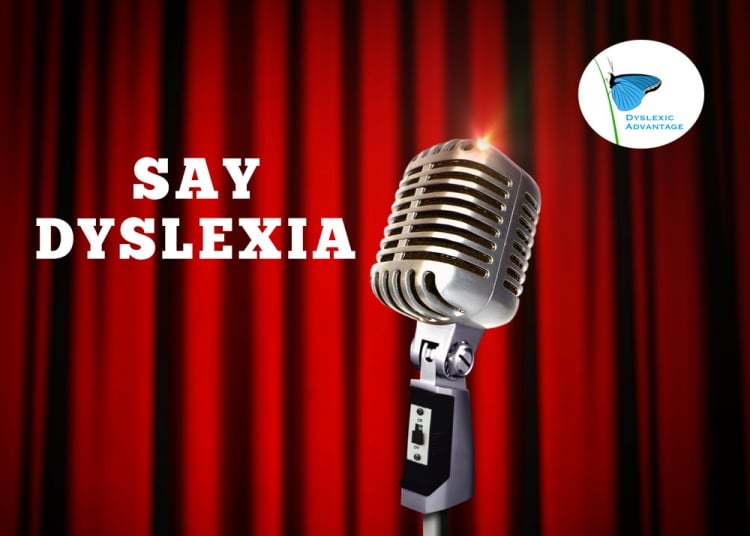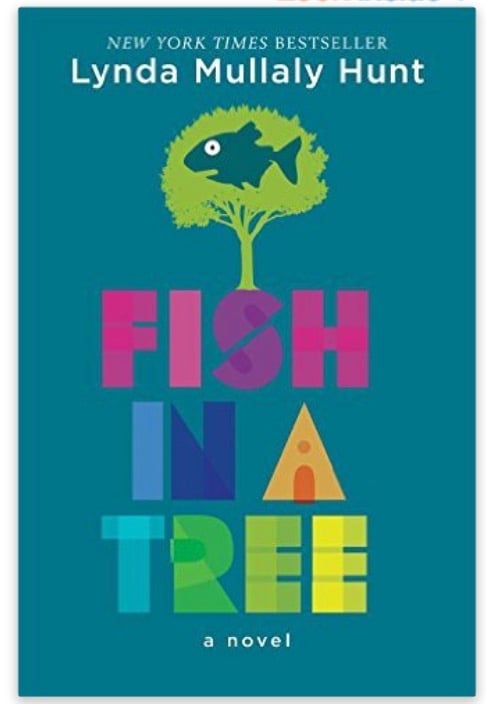With so much focus on reading for children with dyslexia, the choice of a wordless picture book might seem to be unusual, but it shouldn't be. Dyslexic children should be exposed to wordless picture books at an early age, and also be encouraged to continue read them...
Dyslexia: The Twenty-Something Years [PREMIUM]
“These are the years when it will be easiest to start the lives we want. And no matter what we do, the twenties are an inflection point- the great reorganization – a time when the experiences we have disproportionately influence the adult lives we will lead.” – Meg Jay, author of The Defining Decade “Life for emerging adults is vastly different today than it was for their counterparts even a generation ago. Young people are waiting longer to marry, to have children, and to choose a career direction. As a result, they enjoy more freedom, opportunities, and personal growth than ever before. But the transition to adulthood is also more complex, disjointed, and confusing. ” – Christian Smith, lead author of Lost in Transition Many ‘experts’ have […]
The Power of Different – Exclusive Interview
Dr. Gail Saltz has a hit book on her hands, and it's called The Power of Different. In addition to being a professor of psychiatry at Columbia University, she grew up with a brother who'd win a Nobel Prize. Gail was kind enough to talk to her about what she learned...
How a Dyslexic Author Wrote a NYTimes Bestseller about Joy
"...He explained that there is a Tibetan saying that it is the painful experiences that shine the light on the nature of happiness... The Archbishop added that that “nothing beautiful comes without some suffering,” and he mentioned how our muscles need resistance to...
DEAN KAMEN INVENTOR [Premium]
“If you start to do things you’ve never done before, you’re probably going to fail at least some of the time…and I say that’s ok.” – Dean Kamen Dean Kamen is one of the world’s most prolific inventors with over 440 patents to his name – including the Segway, the Luke Arm (robotic prosthesis), a programmable insulin pump and portable water purifier for Third World Countries. He also created the FIRST LEGO league to encourage young people to build and engineer, and he considers that his most important accomplishment. Dean’s father was an illustrator for MAD magazine and Weird Science and his mother was a teacher. Precocious at a young age, he remembers inventing a way to make his bed without having to cross to […]
How To Become Invincible – Sort Of
Well, maybe not invincible, but you know what we mean. There's a new idea circulating among business leaders and entrepreneurs. It's not mindset or grit, but of course those are important. It's rejection therapy. Some people think part of the reason for higher than...
How Dyslexic MIND Strengths Integrate with Multiple Intelligences [Premium]
In our book, The Dyslexic Advantage, we spoke about the 4 MIND strengths common in adult dyslexics: M for Material Reasoning, I for Interdisciplinary Reasoning, N for Narrative Reasoning, and D from Dynamic Reasoning. These skill clusters and talent sets had parallels in brain systems and processes as well as careers, domains of expertise, and areas of innovation. Multiple Intelligences is a concept that was introduced by Howard Gardner of Harvard to identify specific modalities that went beyond a single intelligence or general ability. The seven he initially characterized were: musical-rhythmic, visual-spatial, verbal-linguistic, logical mathematical, bodily, kinesthetic, interpersonal, and intrapersonal. The ones he considered adding later were naturalistic (able to classify natural forms, ecological ‘receptiveness’), existential or spiritual, and teaching -pedagogical in telligence. Somewhat related […]
Why It’s Important to Say Dyslexia But Also Support Its Strengths
What is Dyslexia? Dyslexia is a brain-based learning difference with a strong genetic basis. It characterized by unexpected difficulties in fluent reading and specific patterns of difficulty with writing, spelling, and sometimes math as well as strengths in...
Why Dyslexics Excel in Real Estate
"When I see a property I can instantly construct a new house on it. I can see exactly how that house is going to look, and I can walk through every room in that house, and out into the garden, and everywhere. I can turn my thoughts into reality...I can do a detailed...
Teaching Science to Students with Dyslexia – Middle School [Premium]
Adolescents are at a stage of development when they need to be in an environment where they can experience independence, growth, cooperation, and creativity; however, the typical middle school provides an environment that stresses competition, grades, relative ability, and rote memorization.” – From The Middle School Experience: Effects on the Math and Science Achievements of Adolescents with LD Perhaps because of dyslexic strengths in direct observation, causal reasoning, and analytical problem solving, the subject of science in middle school present opportunities for talent and possibly future career development. The potential obstacles facing students with dyslexia with interests in science are several: extensive technical vocabulary, similar sounding but distinct terms, writing demands for essays and lab notebooks, however teaching strategies based on students’ relative strengths and learning preferences […]
Children’s Books Featuring Positive Characters with Dyslexia
CLOSE TO FAMOUS Newbery Honor winner. When twelve-year-old Foster and her mother land in the tiny town of Culpepper, they don't know what to expect. But folks quickly warm to the woman with the great voice and the girl who can bake like nobody's business. Soon Foster...
Dyslexia, Storyboarding, and Film Director Martin Scorsese [Premium]
“That’s the way it is with art. It’s not that you want to do it, it’s that you have to do it. You have no choice.” – Martin Scorsese Martin Scorsese is an Academy award winning American director, producer, screenwriter, actor, and film historian with over 50 years in the movie industry, and he is dyslexic. He grew up in a New York tenement, an asthmatic child of a presser and seamstress in the Lower East Side. He recalls spending lots of time in front of a TV set watching good and bad films and going to a local movie theatre with his father and brother. As he watched, he often drew his own scenes, frame by frame in a notebook, flicking pages back and forth […]


![Dyslexia: The Twenty-Something Years [PREMIUM]](https://www.dyslexicadvantage.org/wp-content/uploads/2017/07/Screen-Shot-2019-09-01-at-8.40.01-AM.jpg)


![DEAN KAMEN INVENTOR [Premium]](https://www.dyslexicadvantage.org/wp-content/uploads/2016/10/Screen-Shot-2019-09-10-at-12.32.34-PM.jpg)

![How Dyslexic MIND Strengths Integrate with Multiple Intelligences [Premium]](https://www.dyslexicadvantage.org/wp-content/uploads/2016/09/our-shutterstock-color-bulb.jpg)


![Teaching Science to Students with Dyslexia – Middle School [Premium]](https://www.dyslexicadvantage.org/wp-content/uploads/2016/08/Screen-Shot-2019-09-10-at-1.36.55-PM.jpg)














